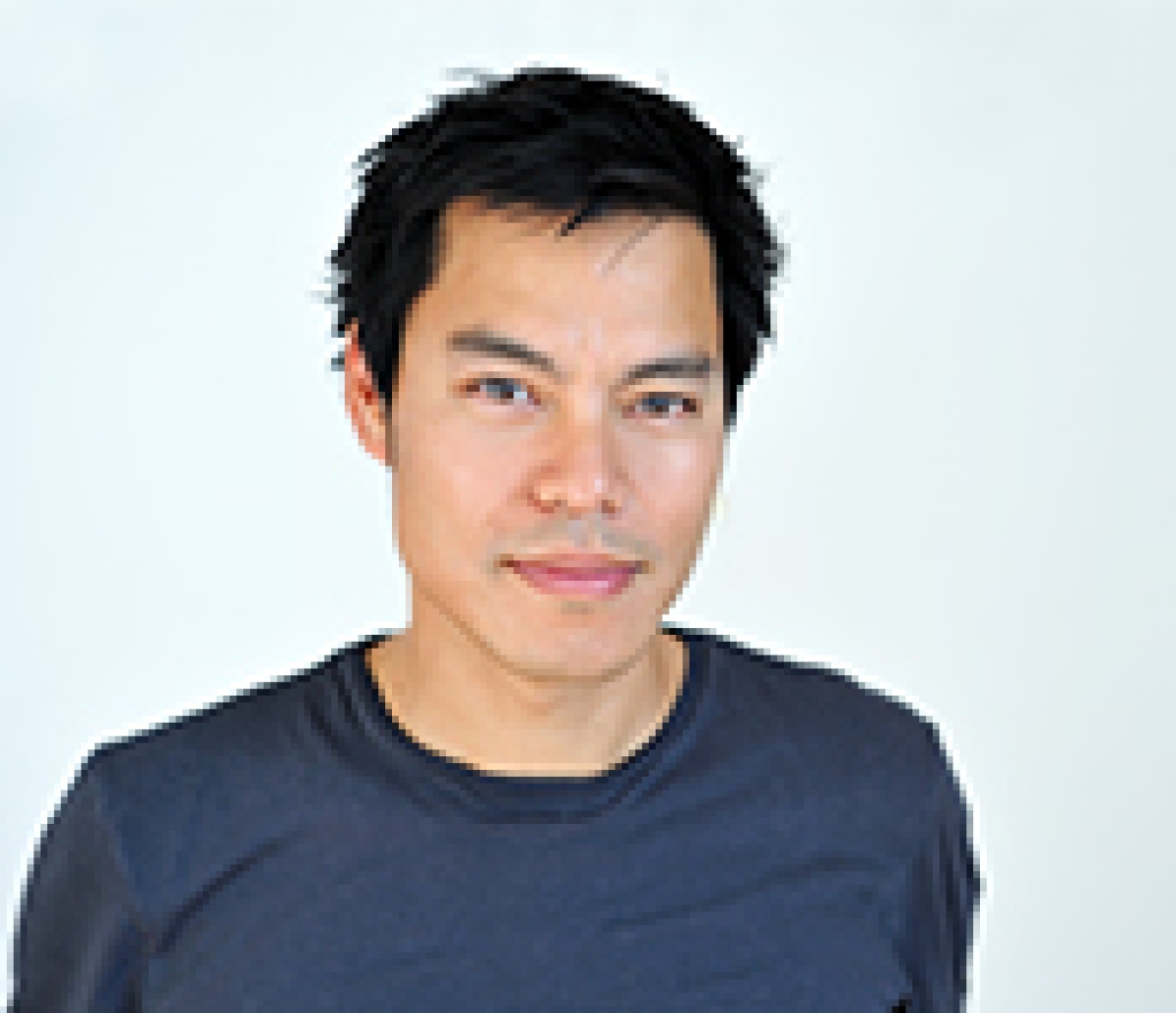
Every year we look forward to the annual Top Hospitals awards. Not only is it an opportunity to highlight excellence in areas such as patient safety, quality of care and data quality, we also get the chance to meet staff from a wide range of acute sector organisations and hear first-hand about their improvement stories. This year is no exception and our awards will be held at Guildhall in London on
10th May. Our guest speaker is Dr Kevin Fong, astrophysicist, NASA scientist and consultant anaesthetist. He will share his views on risk and safety and the future of healthcare.
If you’ve never heard Dr Fong speak it is well worth listening to his speech at the
Faculty of Medical Leadership Management last year. Dr Fong explains how technology and data has already changed our lives and at the same time how it might do so in the future. He cites the example of
rugby teams like Sale which use wearable devices to track performance and keep an eye on heart rate on the field. The data collected via these devices can also help coaches to see whether a player is developing a limp and therefore avoid injury such as soft tissue damage by resting.
Dr Fong argues the same approach could be used to help doctors understand how well patients are recovering from operations, such as knee and hip replacement, by tracking movement against expected outcomes. It should be relatively easy to collect this data, he points out. However, big data is not the easy fix many believe it might be. He says we will need a new breed of data scientists who can navigate the information and make sense of it. This means the investment required is possibly larger than we have acknowledged.
One area where data can play a part now in healthcare is in improving safety. Dr Fong draws a comparison with airline which are able to recreate and learn from safety incidents because data is recorded about every flight in a black box. Airlines have used the data to improve technology and processes whereas in healthcare we have still some way to go. He uses the example of an anaesthetic machine where two buttons which look identical and are placed in the same area at the front of the machine actually do very different things.
He says the NHS is a complex system which relies on many individual teams to ensure a single operation is carried out safely. It is not necessarily about getting those at the frontline to be as best as they can be because human factors will always play a part.
You can follow Dr Kevin Fong on Twitter: @Kevin_Fong.
Every year we look forward to the annual Top Hospitals awards. Not only is it an opportunity to highlight excellence in areas such as patient safety, quality of care and data quality, we also get the chance to meet staff from a wide range of acute sector organisations and hear first-hand about their improvement stories.
 Every year we look forward to the annual Top Hospitals awards. Not only is it an opportunity to highlight excellence in areas such as patient safety, quality of care and data quality, we also get the chance to meet staff from a wide range of acute sector organisations and hear first-hand about their improvement stories. This year is no exception and our awards will be held at Guildhall in London on 10th May. Our guest speaker is Dr Kevin Fong, astrophysicist, NASA scientist and consultant anaesthetist. He will share his views on risk and safety and the future of healthcare.
Every year we look forward to the annual Top Hospitals awards. Not only is it an opportunity to highlight excellence in areas such as patient safety, quality of care and data quality, we also get the chance to meet staff from a wide range of acute sector organisations and hear first-hand about their improvement stories. This year is no exception and our awards will be held at Guildhall in London on 10th May. Our guest speaker is Dr Kevin Fong, astrophysicist, NASA scientist and consultant anaesthetist. He will share his views on risk and safety and the future of healthcare.